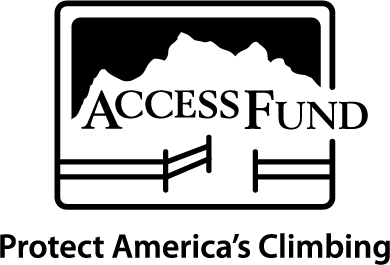
The Access Fund, the national advocacy organization that keeps climbing areas open and conserves the climbing environment, is pleased to announce that New Hampshire lawmakers today passed legislation that bolsters landowner protections for people who open their property to climbing.
After a concerted advocacy effort by New Hampshire climbers, House Bill 1551 was signed into law today, expressly naming rock climbing as an activity protected under the state’s recreational use statutes affording landowners a measure of liability protection.
New Hampshire climbers became aware that HB 1551 passed the House of Representatives in May without climbing specifically named as an activity afforded protection. New Hampshire law previously protected landowners who opened their land “for hunting, fishing, trapping, camping, horseback riding, bicycling, water sports, winter sports, snowmobiling, hiking, sightseeing, or removal of fuel wood” from getting sued if someone was injured on their property. However landowners who opened their property to technical climbing were not explicitly protected. Local climbers rallied to submit letters and make phone calls to their Senators, asking them to amend the bill to include technical climbing before passing it. With leadership from Access Fund NH Regional Coordinator, Erik Eisele, climbers were able to secure a time to provide testimony at a Senate hearing on HB 1551. Local climber and community leader Tim Kemple Sr. provided the testimony, advocating for the amendment. The Senate responded and passed HB 1551 with the climbing amendment on June 1.
And today it was signed into law by Governor John Lynch. “This is an important piece of legislation for climbers,” says Eisele. “With landowners protected from liability if someone is injured while climbing on their property, it makes it much more likely that a landowner would consider public access to climbing.”
Logo courtesy of the Access Fund
 Your Privacy Choices
Your Privacy Choices